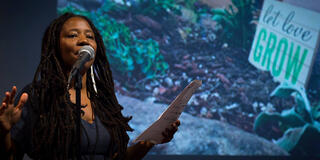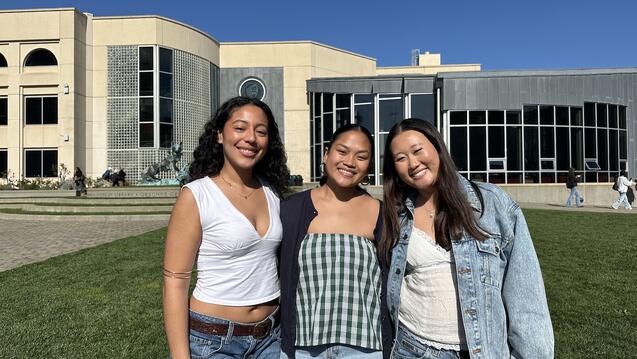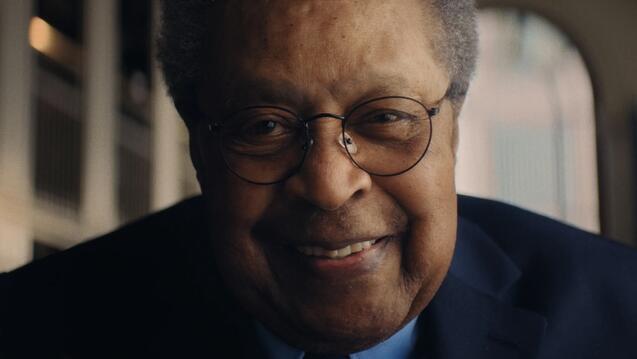Own Your Story

The simple act of telling your story can change your life, says Mi’Jan Celie Tho-Biaz MA ’03, EdD ’13.
“There is something about stories that have the capacity to touch straight to the heart and the emotions,” says Tho-Biaz, a social justice activist and educator. “Stories connect people across vulnerabilities and walls come down.”
She saw this firsthand every month at a poetry workshop she led this spring at a juvenile detention facility in Santa Fe, where she lives. The teens enrolled in the workshop learned that telling their stories through poetry was empowering, offered an outlet for their fears and frustrations, and helped them to better understand themselves.
“Showing them that I was interested and curious changed their dispositions,” says Tho-Biaz, whose work at the detention facility earned her a spot on the Sante Fe New Mexican’s list of “10 Who Made a Difference.” “There is a transformative capacity to someone witnessing and honoring your story.”
One young woman Tho-Biaz mentored even ended up placing second in a citywide poetry competition.
Lifting marginalized voices
Tho-Biaz, who says she focuses on “amplifying the stories of marginalized communities who are usually censored,” puts her storytelling philosophy into practice as a public speaker and oral historian. For one project, she’s collecting the oral histories of indigenous women in New Mexico in partnership with Tewa Women United, a nonprofit that works to end violence against indigenous women. She also started a Women of Color Leadership Program, to mentor and train women of color in nonprofit work.
Tho-Biaz chose USF because of its social justice mission after leaving her job as a social worker. “I was frustrated and wanted to create solutions, as opposed to receiving people in the midst of traumatic problems,” says Tho-Biaz, who earned a master’s degree in multicultural literature for children and young adults and a doctorate in international and multicultural education. “I was interested in multicultural literature and thought that I only wanted to teach, but my professors at USF supported my interest in oral history and social justice.”
"All-hands-on-deck-moment"
This support empowered her to pursue an unconventional career in storytelling, which she says is so important in today’s “all-hands-on-deck-moment for combating racial injustice.” In an era of “fake news” and “alternative facts,” Tho-Biaz says that storytelling is one of the best ways to convey the experiences of marginalized communities.
“I can listen to your story more readily than if you give me a slew of facts and data,” says Tho-Biaz, who will be honored by USF this fall for living the university’s mission (see sidebar). “I couldn’t be more proud to be recognized for my commitment to USF’s mission, because I experienced that mission in every facet of my educational experience at USF and it is an integral part of all the work I do.”
Know someone with a powerful USF story? Let us know! usfnews@usfca.edu Twitter @usfcanews


